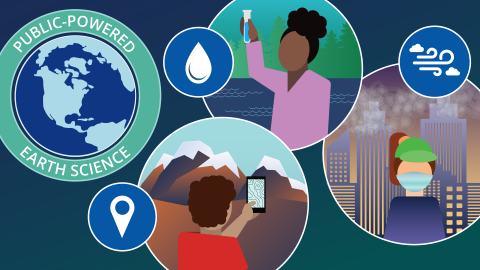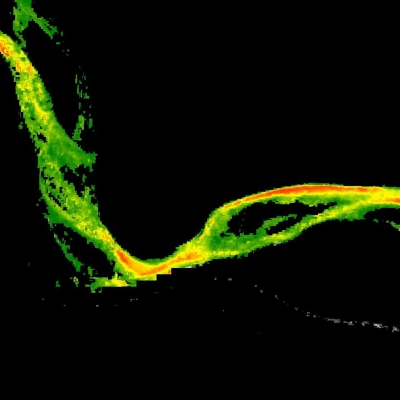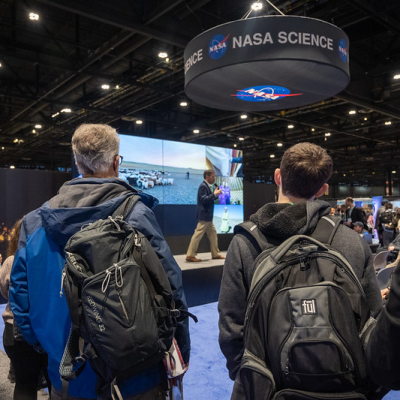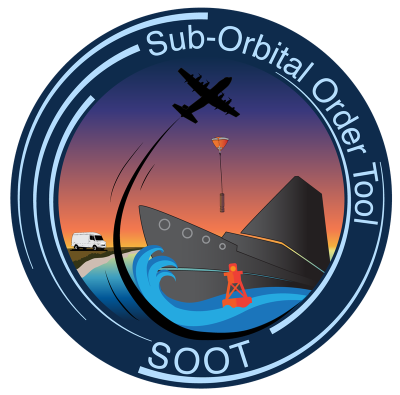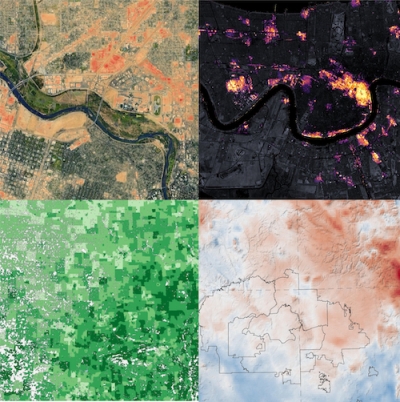NASA is seeking proposals to fund approximately 6 to 10 citizen science projects for up to three years as part of the agency's Research Opportunities in Space and Earth Sciences 2024 (ROSES-2024) solicitation. These projects will be funded as part of NASA's Citizen Science for Earth Systems Program (CSESP) under the Earth Science Research Program.
Mandatory Notices of Intent (NOIs) are due by April 15, 2024, and proposals are due by May 14, 2024.
Areas of investigation can include any of the NASA Earth Science focus areas: Atmospheric Composition; Weather and Atmospheric Dynamics; Climate Variability and Change; Water and Energy Cycle; Carbon Cycle and Ecosystems; or Earth Surface and Interior. All proposals must demonstrate clear linkages between citizen science and NASA observation systems to advance NASA's Earth science.
NASA's Earth Science Data Systems (ESDS) Program provides unrestricted access to the agency's Earth science data collection along with tools and resources for working with these data. CSESP, an ESDS Competitive Program, is focused on developing and implementing projects that harness contributions from members of the public to advance our understanding of Earth as a system. CSESP advances the use of community contributions to Earth science research by directly supporting community science activities that are tightly coupled to NASA earth observing systems and that enhance or extend the resolution, scope, or impact of these systems.
In keeping with NASA open science policies, proposals must provide an Open Science and Data Management Plan (OSDMP). The OSDMP addresses how data and information acquired and data products produced as part of the proposed project will be made publicly available. The plan also describes how software and source code resulting from funded projects will be released as open-source software and how data resulting from funded projects will be open-source and made openly available in a NASA-approved repository.
